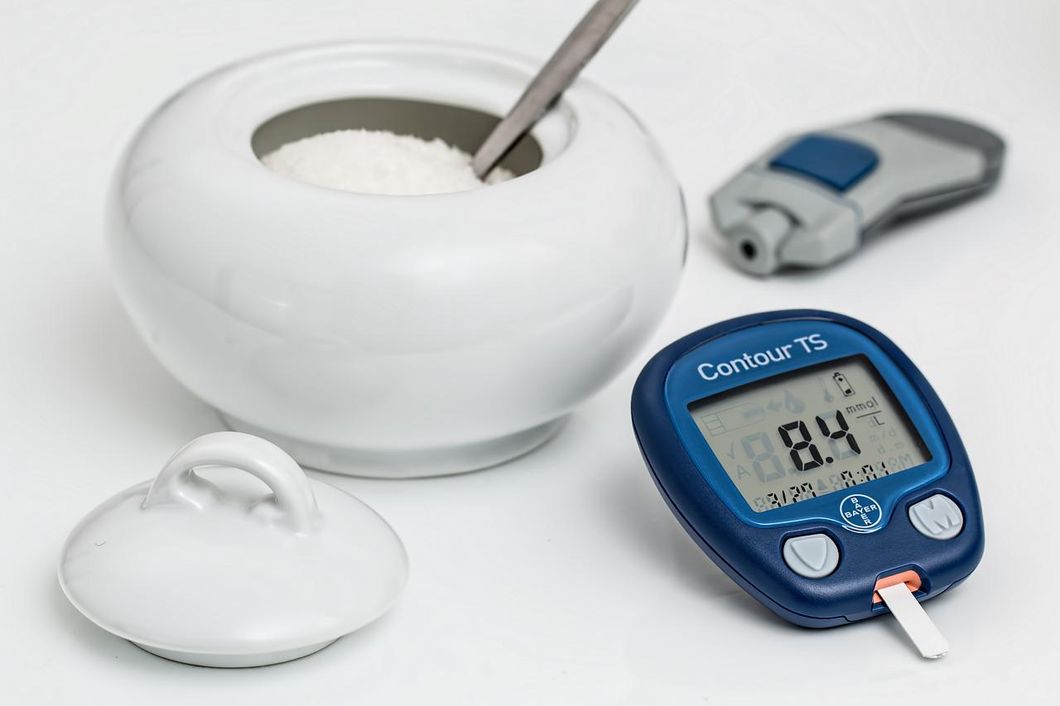Carrying on with a diabetic life is a test. You need to continually screen your eating routine and guarantee that your glucose level is well leveled out. One of the significant infections influencing a large number of individuals in the nation today, diabetes is deep rooted and destructive.
It is a condition when the hormone considered insulin that is delivered by the pancreas can't separate glucose into energy, and accordingly, the glucose level expansions in the body. What one eats assumes a pivotal job for diabetics, and observing it continually alongside following standard dinner plans helps massively.
Active work is an unquestionable requirement also to guarantee that insulin is used by the body. If you have been determined to have diabetes and are searching for a wide range of ways to keep aware of your glucose level, here are some tips.
1. Drink more and more water
Drinking enough water may help you keep your glucose levels inside solid cutoff points. All the more explicitly, individuals who drank not exactly 0.5 liters of water every day were at an expanded danger of developing glucose issues.
2. Use glucose meters
Estimating and checking blood glucose levels can likewise help you better deal with your levels. For instance, keeping track through a glucose meter helps you decide if you need to make changes in dinners or meds.
Recollect the glucose bend and the equilibrium you're attempting to accomplish. Remaining between 80 mg/dl – 120 mg/dl is your optimal zone of activity. Going above or underneath, as a rule, results in a 'sugar rush' or 'precariousness.'
3. Handle your stress level
At the point when you're worried, your glucose will, in general, ascent. At the point when you're pushed, insulin levels fall, certain hormones rise and more glucose is delivered from the liver, which winds up in the circulatory system and can cause disturbances for as long as eight hours.
Studies demonstrated that physical activity, unwinding and meditation essentially decreased stress and brought down glucose levels.
4. Never ever skip your breakfast
A high-energy breakfast and unobtrusive supper can handle hazardous glucose spikes the entire day, as expressed by an investigation done by a gathering of analysts from Tel Aviv University.
They found that by having more calories at breakfast when the glucose reaction to food is minimal, and burning-through less calories at supper, glucose pinnacles and glucose levels for the duration of the day were essentially decreased.
5. Get enough sleep
Some volunteers who dozed just four hours for three evenings straight had more elevated levels of unsaturated fats in their blood, which decreased insulin's capacity to control glucose by around 30 percent, the specialists found. Absence of rest is additionally connected with other ailments, including corpulence, coronary illness and stroke.
6. Try ginger
Ginger has the possible capacity to control blood glucose by utilizing muscle cells. The investigation found that ginger concentrates had the option to expand the take-up of glucose into muscle cells, autonomously of insulin.
7. Lose some weight
Being overweight causes insulin opposition and makes it hard for the body to keep up. For the individuals who are overweight, dropping 10-15 percent of your weight can help. Work with your PCP to deal with your weight, and if fundamental, counsel a dietician.
8. Eat plenty of fiberous food
Eating a lot of fiber can assist with glucose. Dissolvable dietary fiber is the best. Foods like fruits, vegetables and whole grains are key.
















